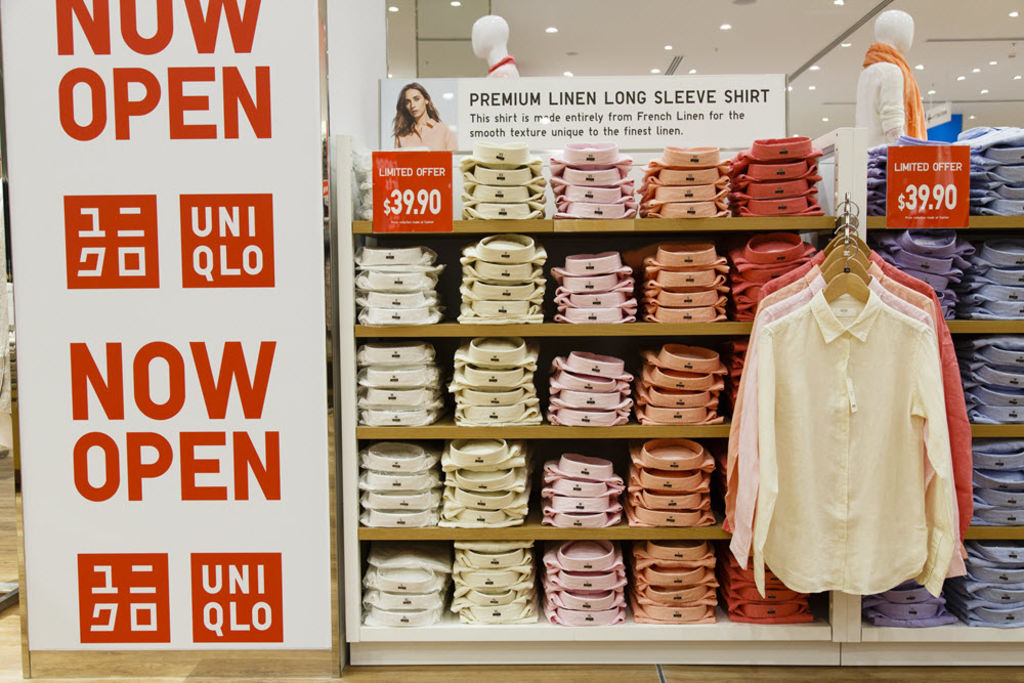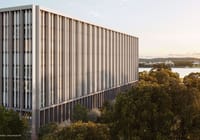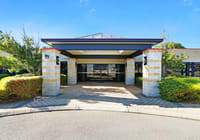
Need for flexibility underpins rise of short-term leasing in retail and office sectors
Growth in short-term leasing shows no sign of slowing down, as large format landlords move to actively embrace the concept.
The trend is being driven, especially in the retail and office sectors, by businesses that want flexibility, to move into new markets or to expand quickly.
“It’s happening more and more,” said Michael Bate, Colliers International’s head of retail.
“Many of the big institutional landlords will use the terminology ‘try before you buy’ – in other words, if you have a concept that you want to put into mortar there are many landlords that are happy for you to try that,” Mr Bate said.
“For many of the big retailers, it’s a point of difference, something they’re doing that sets them apart.”
Short-term leasing can range from a few months to a few years – all relative to the asset class in question.
What’s also relative is the price, said Mr Bate, with retailers paying more for the privilege of a shorter lease.
The combination of higher income, increased flexibility and positive brand image has seen larger landlords in Sydney actively embrace the concept.
“It’s very clever asset planning, very clever planning for a retail asset, keep two or three [shops] vacant so you can do that stuff where they give you a better return than someone sitting on a five-year lease.”
Recent examples include the establishment of a Uniqlo pop-up shop in Sydney before the Japanese clothing company opened a flagship store in the city.
“More and more of the global brands, your H&Ms, Uniqlos, they’ll be looking for 10-years plus, but importantly, there are a lot of others that will come in and trial a market and look for a compatible institutional owner who will give them flexibility.”
Chris Hynes, head of office and industrial leasing at Dexus, said it was a similar story for the Sydney city office market.
“There has been a strong uptick in lease deals in the sub 500-square-metre range and with that we’ve seen an increase in customers wanting shorter-term leases,” he said.
“The increase in serviced offices and co-working spaces, such as WeWork, has given rise to more options for businesses to take very short-term leases, with some customers committing on a month-to-month basis,” Mr Hynes said.
Although the reason for needing a short-term lease varies between companies, a predominant theme is the need to respond quickly to short-term growth.
“There’s not any one factor,” Hynes said. “Many companies are uncertain about their growth prospects so they will opt for short-term leases to allow them to expand and contract more easily. We’ve responded to these needs by providing shorter term and flexible leases in good quality properties – options that probably weren’t available five years ago.”
Rather than viewing the changing leasing landscape as a threat to traditional management companies, Mr Hynes says that Dexus chooses to use it as an opportunity to establish long-term relationships.
“This is an opportunity for property managers to respond to the rapidly changing business environment and therefore the needs of our customers,” he said. “We aim to form long-term relationships with our customers and are able to offer them the flexibility of one hour in a Dexus Place, six months in a suite, or 10 years in a whole building.”










